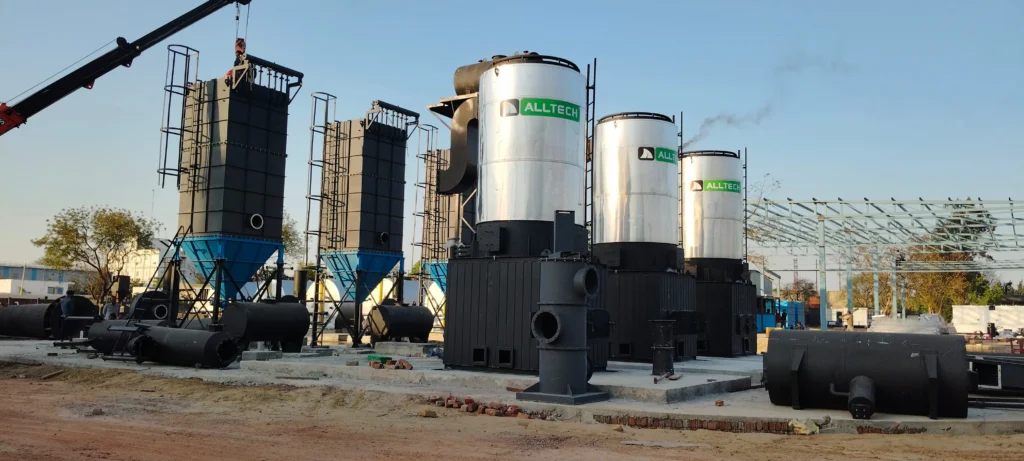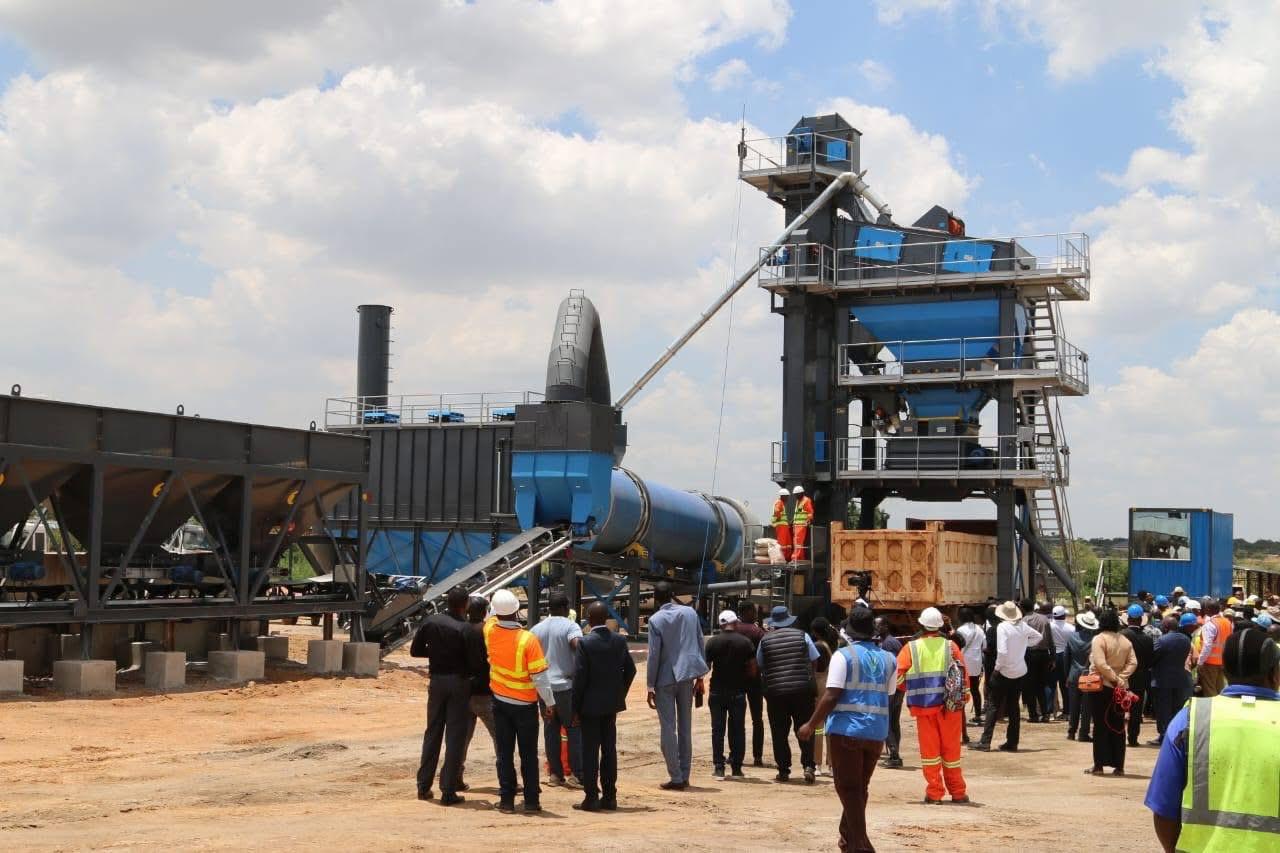
As large-scale infrastructure projects continue to grow across highways, expressways, airports, and industrial corridors, the need for durable and high-performance road materials has never been greater. One key solution that leading contractors and developers are turning to is the in-house setup of a polymer bitumen plant for producing PMB (Polymer Modified Bitumen).
Having a dedicated on-site PMB plant not only enhances material quality and supply efficiency but also offers significant cost and time benefits for major projects.
What is PMB (Polymer Modified Bitumen)?
PMB is a specially formulated bitumen enhanced with polymers such as SBS (Styrene-Butadiene-Styrene) or EVA (Ethylene Vinyl Acetate). This modification improves the elasticity, rut resistance, and thermal stability of bitumen, making it ideal for:
- High-traffic highways
- Expressways
- Bridge decks
- Airport runways
- Heavy-duty industrial pavements
Top Reasons to Set Up an In-House Polymer Bitumen Plant
1. Assured Quality Control
Operating your polymer bitumen plant gives you full control over production parameters, including:
- Polymer dosage
- Mixing temperature
- Bitumen grade selection
This ensures consistent quality and adherence to Morth, IRC, or project-specific requirements.
2. On-Demand Production
With an in-house setup, you can produce PMB exactly when needed, reducing dependency on third-party suppliers. This is especially valuable in:
- Remote project locations
- Large-scale operations with continuous demand
- Time-sensitive phases of road construction
3. Reduced Transportation Losses
PMB quality can deteriorate during long-haul transportation due to heat loss and premature setting. Producing it on-site eliminates:
- Transit-related quality degradation
- Fuel and logistics costs
- Delays caused by supply chain interruptions
4. Faster Project Execution
An on-site polymer bitumen plant enables seamless paving operations by ensuring a steady and timely supply of PMB, resulting in:
- Uninterrupted construction schedules
- Improved resource planning
- Accelerated project completion
5. Long-Term Cost Savings
Though initial investment is required, the cost efficiency of in-house PMB production becomes clear over time through:
- Reduced per-ton manufacturing costs
- Elimination of supplier margins
- Lower transportation and handling expenses
6. Better Compliance and Reporting
Many government and private infrastructure tenders mandate the use of PMB. With your own plant, you can:
- Respond quickly to specification changes
- Provide accurate quality documentation
- Conduct in-house testing and validation
Ideal Use Cases for an In-House Polymer Bitumen Plant
- National Highway and Expressway Projects
- Urban Road Development under Smart City Missions
- Airport Runway Construction
- Industrial Area Road Networks
- Infrastructure Projects in Remote or Hilly Terrain
Conclusion
Setting up an in-house polymer bitumen plant is not just a cost-saving initiative—it’s a strategic move that enhances control, quality, and performance across every phase of road construction. By reducing dependency on external suppliers and optimizing production, you ensure the successful and timely delivery of high-quality infrastructure.
If you’re planning your next major project, now is the time to integrate an in-house PMB plant and take control of your material supply with confidence.





